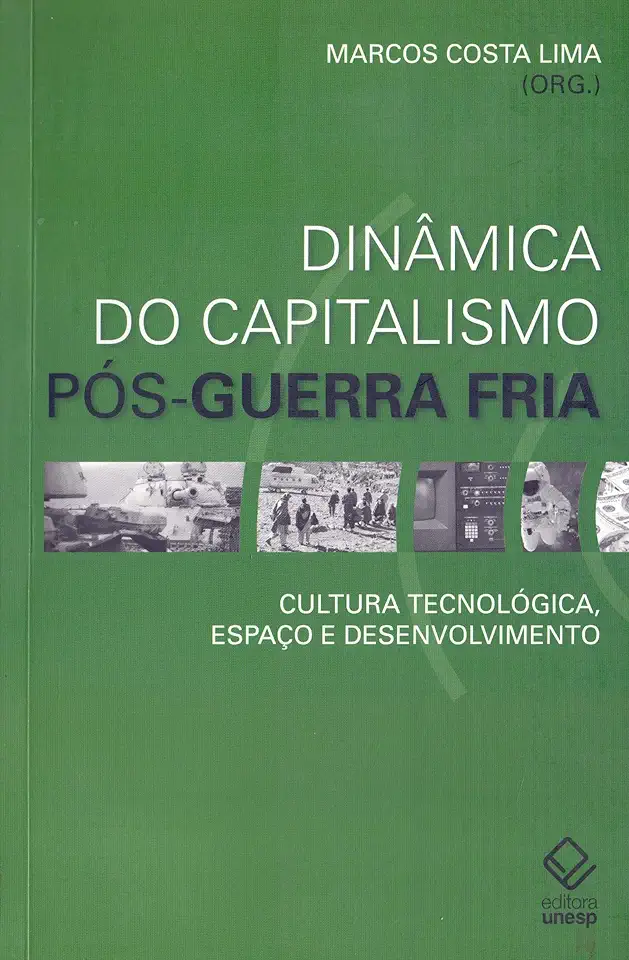
Dynamics of Post-Cold War Capitalism - Marcos Costa Lima
Dynamics of Post-Cold War Capitalism: A Comprehensive Analysis
Introduction
In his groundbreaking book, "Dynamics of Post-Cold War Capitalism," Marcos Costa Lima presents a comprehensive analysis of the global capitalist system in the aftermath of the Cold War. Drawing on a wealth of empirical data and theoretical insights, Lima argues that the end of the Cold War has ushered in a new era of capitalism characterized by increased globalization, financialization, and inequality.
Globalization and the Rise of Global Value Chains
One of the most significant features of post-Cold War capitalism is the rise of globalization. The collapse of the Soviet Union and the integration of China into the global economy have led to a dramatic increase in cross-border trade and investment. This has been facilitated by advances in transportation and communication technologies, which have made it easier and cheaper to move goods, services, and capital around the world.
Globalization has had a profound impact on the global economy. It has led to increased competition, which has put downward pressure on prices and wages. It has also led to a shift in production from developed countries to developing countries, where labor costs are lower. These trends have contributed to rising inequality within and between countries.
Financialization and the Global Financial Crisis
Another key feature of post-Cold War capitalism is financialization. This refers to the increasing importance of the financial sector in the global economy. The financial sector has grown rapidly in recent decades, and it now plays a central role in the allocation of capital and the generation of profits.
Financialization has had a number of negative consequences. It has led to increased instability in the global financial system, as evidenced by the global financial crisis of 2008. It has also contributed to rising inequality, as the wealthy have disproportionately benefited from the growth of the financial sector.
Inequality and the Crisis of Democracy
The rise of globalization and financialization has led to increased inequality within and between countries. This inequality has had a number of negative consequences, including social unrest, political instability, and the erosion of democracy.
In recent years, there has been a growing backlash against globalization and financialization. This backlash has taken a variety of forms, including the rise of populism, the resurgence of nationalism, and the increasing popularity of socialist ideas.
Conclusion
In "Dynamics of Post-Cold War Capitalism," Marcos Costa Lima provides a comprehensive analysis of the global capitalist system in the aftermath of the Cold War. He argues that the end of the Cold War has ushered in a new era of capitalism characterized by increased globalization, financialization, and inequality. These trends have had a profound impact on the global economy and have contributed to the rise of populism and the resurgence of nationalism.
Lima's book is a must-read for anyone who wants to understand the current state of the global economy and the challenges facing the world today. It is a powerful indictment of the current system and a call for a more just and sustainable future.
Enjoyed the summary? Discover all the details and take your reading to the next level — [click here to view the book on Amazon!]